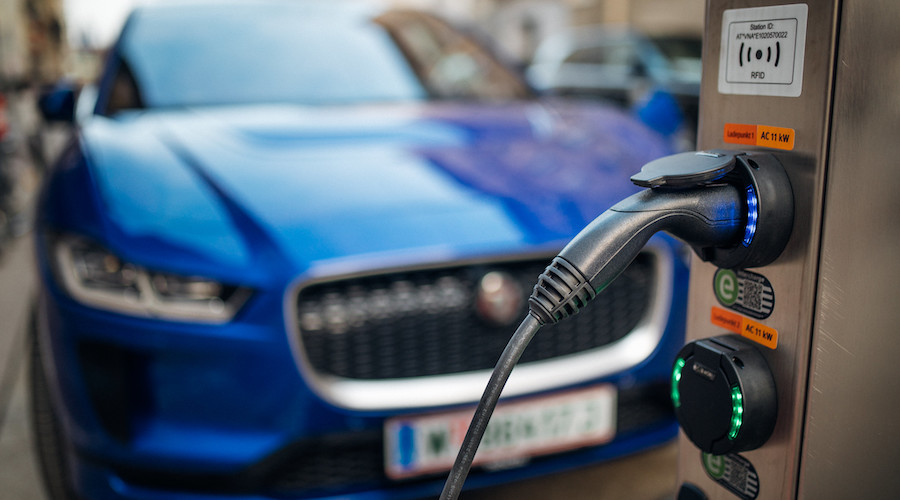
Researchers at Uppsala University in Sweden have identified the main bottlenecks that reduce lithium-sulphur battery life, despite their higher energy storage compared to their lithium-ion counterparts.
In a paper published in the journal Chem, the scientists explain that various materials are formed during the discharge/charge cycles of the battery and can cause various problems. Often a localized shortage of lithium causes a bottleneck.
The researchers examined the positive electrode of the battery. They noticed that the discharge mechanisms are complicated due to various reactions in multiple phases and the tortuosity of the highly porous carbon matrix. To look at this in detail, they performed simultaneous measurements of small-angle and wide-angle scattering and cell resistance on operating lithium-sulphur cells.
“Results indicate that precipitates grow mostly in number, not in size and that the structure of the carbon matrix is not affected,” the study reads. “The comparison of the small-angle and wide-angle scattering reveals the amorphous discharge products found at a low discharge rate. Further analysis demonstrates the correlation between the diffusion resistance and the compositional change of electrolyte in the mesopores at the end of discharge, which suggests that Li-ion deficiency is the limiting factor for sulphur utilization at a medium discharge rate.”
In the view of Daniel Brandell, co-author of the paper, learning about these problems allows scientists to develop new strategies and materials to improve battery performance.
“Identifying the real bottlenecks is needed to take the next steps,” he said in a media statement. “This is a big research challenge in a system as complex as lithium-sulphur.”
To reach their findings, Brandell and his colleagues combined various radiation scattering techniques: X-ray analyses were made in Uppsala, Sweden and neutron results were provided by the Institut Laue Langevin in France.
Lithium-sulphur batteries are high on the wish-list for future batteries as they are made from less expensive and more environmentally friendly materials than lithium-ion batteries. They also have higher energy storage capacity and work well at much lower temperatures.





























